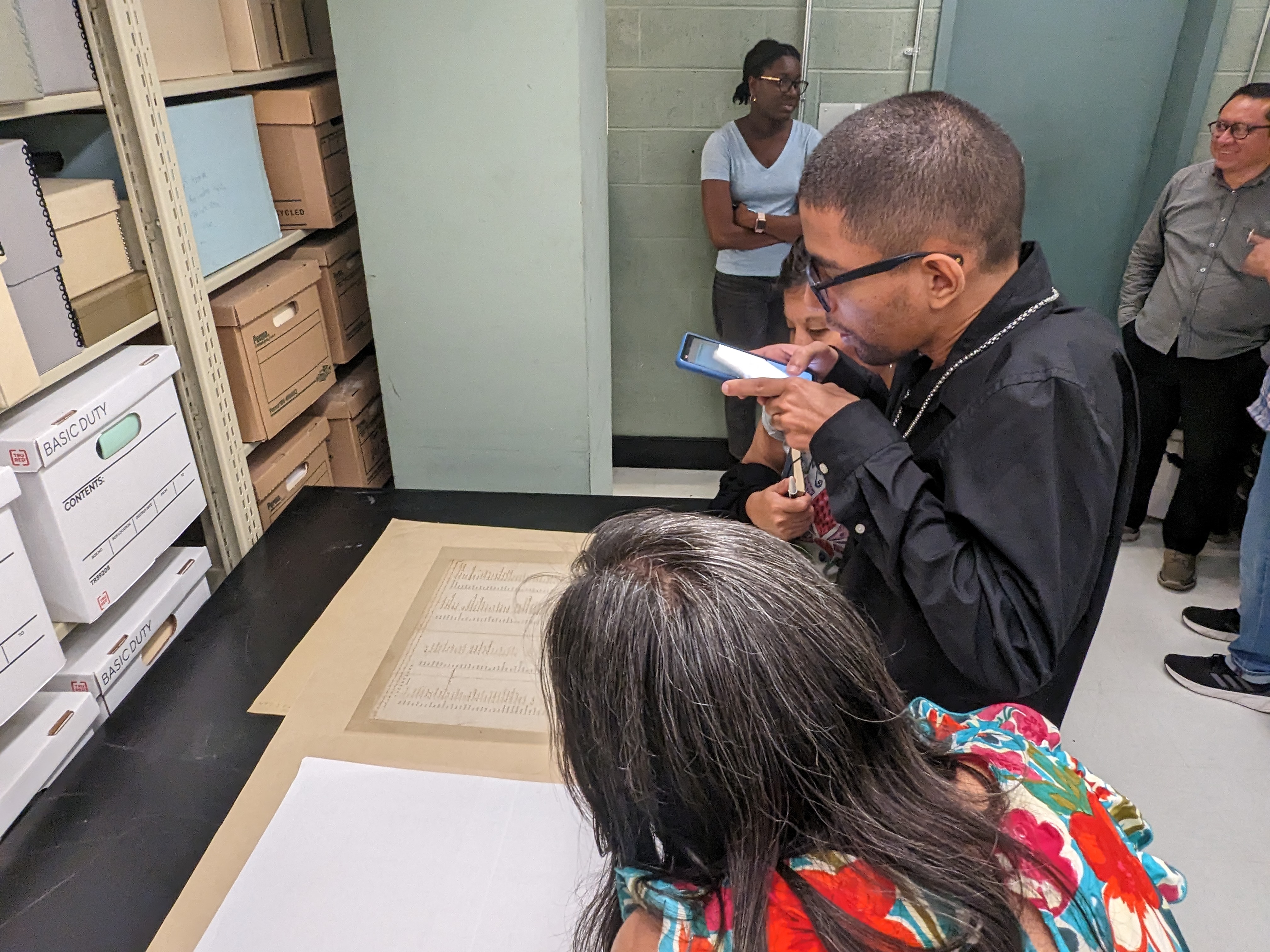Book Proposal Submission Guidelines
The APS Press considers proposals for books in a variety of disciplines, as befits our calling to promote useful knowledge, though we do not publish fiction or poetry. Please use these guidelines as a way to structure your prospectus for consideration, but feel free to include any other information that will give us a good idea about your project.
In addition to the proposal form, we will also need at least two chapters (any two, but preferably the introduction and one body chapter) ready for peer review and your CV with full contact information.
On submission, your proposal material will be discussed for fit at the Press. If the project is determined to fit, we will send it out for external peer review with two readers in the applicable subject area(s).
Please let us know at the time of submission if you have already submitted the project to another Press. We prefer exclusive consideration of your work.
Please include:
- Project title/subtitle
- A brief description of the project (What is it about? What makes it unique? Why does it fit at the APS Press?)
- An annotated table of contents, including brief chapter summaries for each chapter, especially those not included with the packet. Please include major headings/subheadings.
- A description of the intended reader (student/scholar/interested layperson) for your book, including academic fields likely to be interested and any particular courses where this book might be adopted. Are there any likely associations or other professional bodies that might be interested?
- A list of three or four competing titles from the last five years that are similar to yours in some way (subject, type of book). Include the author/title/publisher and how your book is different or better than these.
- An estimated word count for the manuscript, including notes and bibliography.
- An estimated number of illustrations and what type (maps, figures, tables, photos).
- An estimated date for when you will be finished with the full draft of the manuscript.
- Any people you think would make good peer reviewers for your work. We may not use these folks, but it will give us a place to start and some insight into where you see your work fitting into the literature.
- If the book is edited, a list of confirmed and speculative contributors.
Send submissions to:
Kimberly Guinta, Director
[email protected]
Peter J. Dougherty, Editor-at-Large
[email protected]
For current authors with questions regarding manuscript formatting and submission, the handling of copyrighted materials, the review process, indexing, advertising, royalties, and stylistic considerations, contact Editorial Administrator David Carpenter at [email protected].

